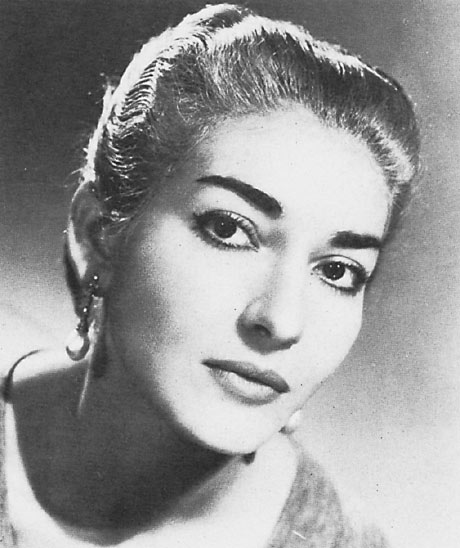 It seems almost inexplicable that the human race, with its
ravenous appetite for entertainment, should have failed over quarter of a
century to produce another Callas or Elvis. Neither Pavarotti nor Madonna come
close, nor ever will. The desperate efforts of a universal music industry have
yielded nothing more enduring than Cecilia Bartoli, the mini-voiced mezzo who
tops the opera charts, and the high-kicking, faintly archaic Kylie Minogue. When
we commemorate the Presley and Callas anniversaries we confirm a catastrophic
failure of cultural renewal.
It seems almost inexplicable that the human race, with its
ravenous appetite for entertainment, should have failed over quarter of a
century to produce another Callas or Elvis. Neither Pavarotti nor Madonna come
close, nor ever will. The desperate efforts of a universal music industry have
yielded nothing more enduring than Cecilia Bartoli, the mini-voiced mezzo who
tops the opera charts, and the high-kicking, faintly archaic Kylie Minogue. When
we commemorate the Presley and Callas anniversaries we confirm a catastrophic
failure of cultural renewal.
Before we examine the causes of failure, let us be reminded
of the sorry state of the Presley and Callas reputations at the time of their
deaths in 1977, on 16 August and 16 September respectively. Both were regarded
as pathetic washouts. Callas had ended her stage career in 1965 at the age of
41, a point when most sopranos approach their peak. She had hoped to spend more
time with her lover Aristotle Onassis, who junked her instead for Jackie
Kennedy. She died, aged 53, in her Paris apartment of a cardiac infarction, also
known as a broken heart.
Presley had lost his edge, first to the Beatles then to a
rising tide of psychedelic sounds. His attempt at a social conscience--In The
Ghetto--provoked muffled sniggers. His ninth and last album, Aloha from
Hawaii, was waving from nowhere. He died, aged 42, at his grotesquely
adorned Graceland mansion in Memphis, of barbiturate and cheeseburger
abuse.
And that''s where their work could have ended--in the back
catalogue of a record corporation with sales plodding along nicely, nothing
spectacular. That''s how it was with Enrico Caruso, the most celebrated opera
singer before Callas. But Callas and Presley came storming back from the grave.
To a generation unaccustomed to dangerous performances, the late lamented
sounded thrillingly alive.
Say what you like about Elvis and Maria, when they got on
stage or in front of a microphone in their heyday--they gave their last drop of
vital fluids. I never heard either of them live, except on radio--but that was
enough. With Elvis you feared he would burst a diamond button. Maria you fully
expected to ram that dagger right into the heart of a blameless Tito Gobbi. In
her last Tosca, at Covent Garden, she ripped her dress on a nail as she rushed
onto the stage and sublimely never noticed.
Callas'' dramatic intensity was self-sacrificial,
accelerating her premature vocal decline. That final Tosca, partly captured on
video, is far from beautiful. Her valedictory concert tour was a monstrous lapse
of taste--rather like the long, rose-tinted fade-out of Judy Garland whose
massive gay following Callas knowingly cultivated.
Still, the deaths of Callas and Presley left an emotional
crater in our collective soul, and subsequent artists have been unable to heal
it. The failure to create a legend for later times rests mainly with the music
business, which changed since 1977 from a nurturing cottage industry to a
corporate control tower. Its suited moguls are not in the market for uninsurable
risks. So long as they control the means of distribution, Presley and Callas
will never be replaced.
But it may also be that the public does not want another
self-exploding star. Today''s public has forgotten what it is like to be
terrified out of its wits by war or theatre. When its cultural narcolepsy is
disturbed by the unimaginable--11 September--it has no contemporary means of
catharsis and turns back to a wilder age in search of musical consolation. A
public that has put up for 25 years with synthetic substitutes has only itself
to blame for the absence of authentic emotion. * Norman Lebrecht is Assistant
Editor (Arts) of the London Evening Standard, and has recently published his
first novel The Song of Names (Headline). Visit
http://lebrecht.scena.org for The Lebrecht Weekly, a regular commentary
column.



